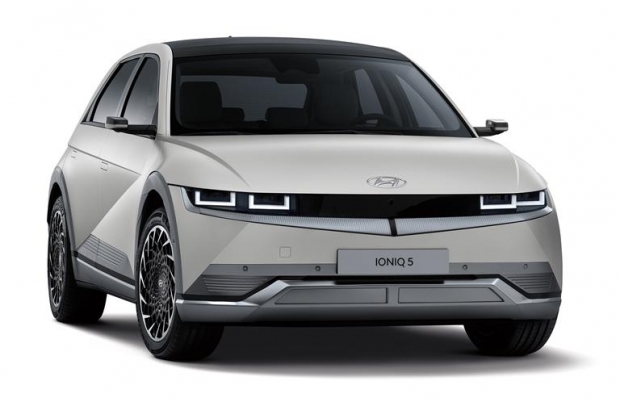As the government has forcibly set targets for selling eco-friendly cars without considering the market conditions, industry backlash is growing. It is pointed out that it is a problem to present a goal that is not feasible and to impose a fine of tens to hundreds of billions of billions if it fails to achieve it. Contrary to the government’s intention to increase sales of eco-friendly cars, there are also concerns that it may hurt the Korean automobile industry.

○ 10% domestic demand must be filled with electric vehicles
The Ministry of Environment announced on the 23rd that it has announced an administrative notice of the ‘2020 annual low-emission vehicle supply target partial amendment notice’, which set out the sales target of eco-friendly vehicles this year and next year. Automakers will have to pay a contribution equal to a fine if they fail to fill a certain percentage of their average sales volume in the previous three years (18% this year and 20% next year) with low-emission vehicles. The existing target was 15%. Contributions will be charged from 2023.
This year, we also set a new target for the sale of pollution-free vehicles (electric vehicles and hydrogen electric vehicles). It should sell 10% of sales this year and 12% next year as electric vehicles and hydrogen electric vehicles. Companies with annual average sales of less than 100,000 units, such as Renault Samsung Motors, GM Korea, and Ssangyong Motors, must meet the standards of 4% this year and 8% next year.
In the industry, many point out that the standards set by the government are unrealistic. Based on last year’s sales volume, Hyundai Motor’s proportion of pollution-free car sales was 3.1%. Kia (1.6%), Renault Samsung (2.0%), and GM Korea (1.9%) were also very short. Ssangyong Motor couldn’t sell a single pollution-free vehicle until last year.
Renault Samsung and GM Korea do not produce electric vehicles in Korea at all. To comply with government standards, the number of vehicles imported and sold from overseas factories must be increased. An industry insider pointed out that “the government is implementing a policy that induces the number of imported vehicles to increase further,” and “a result of not thinking about the side effects that the policy will bring because only the’good intention’ of expanding eco-friendly car sales is highlighted.
○’Double punishment’ up to GHG regulation
Many point out that the low-emission car sales target system conflicts with other eco-friendly car expansion policies. Right now, the electric vehicle subsidy system does not match. The government is planning to pay state subsidies to 116,000 electric vehicles and hydrogen electric vehicles this year. Automakers explained that to meet the standards of the Ministry of Environment, they would have to sell about 160,000 electric vehicles and hydrogen electric vehicles. An industry insider said, “Considering the fact that some local government subsidies are being exhausted early and the fact that electric vehicle companies such as Tesla take part of the subsidies, the number of electric vehicles that can be purchased with actual subsidies will decrease further.” It is pointed out that in a situation where it is impossible to sell electric vehicles without subsidies, the government has set too high the sales target, which is the standard for imposing fines.
The government’s plan to build a charging infrastructure is also contrary to the distribution target. The government has decided on a plan to expand chargers assuming that the number of electric vehicles will increase by 100,000 this year. This is why criticism comes out of complaining about the lack of charging infrastructure and criticizing car makers to sell a lot of electric vehicles.
Many point out that the contribution due to the shortage of the goal of supplying eco-friendly vehicles is a’double fine’. The government has already imposed penalties on automakers that do not meet the standards for GHG emissions. Only China has introduced an eco-friendly car sales target system at the national level. “The government should focus on building charging infrastructure and giving incentives to the production of eco-friendly cars,” said Jeong Man-gi, president of the Automobile Industry Association.
Reporter Do Byeong-wook/Kim Il-gyu [email protected]
Ⓒ Hankyung.com prohibits unauthorized reproduction and redistribution
